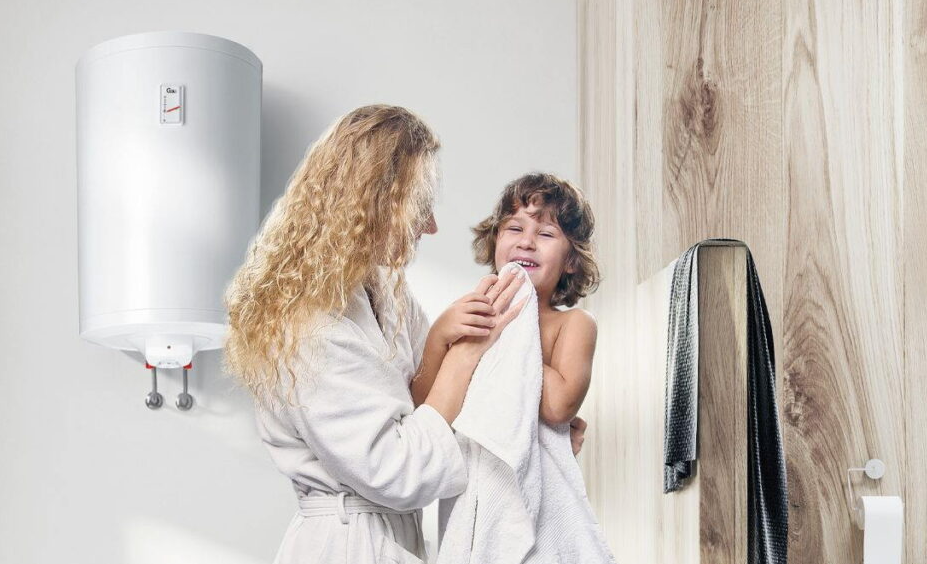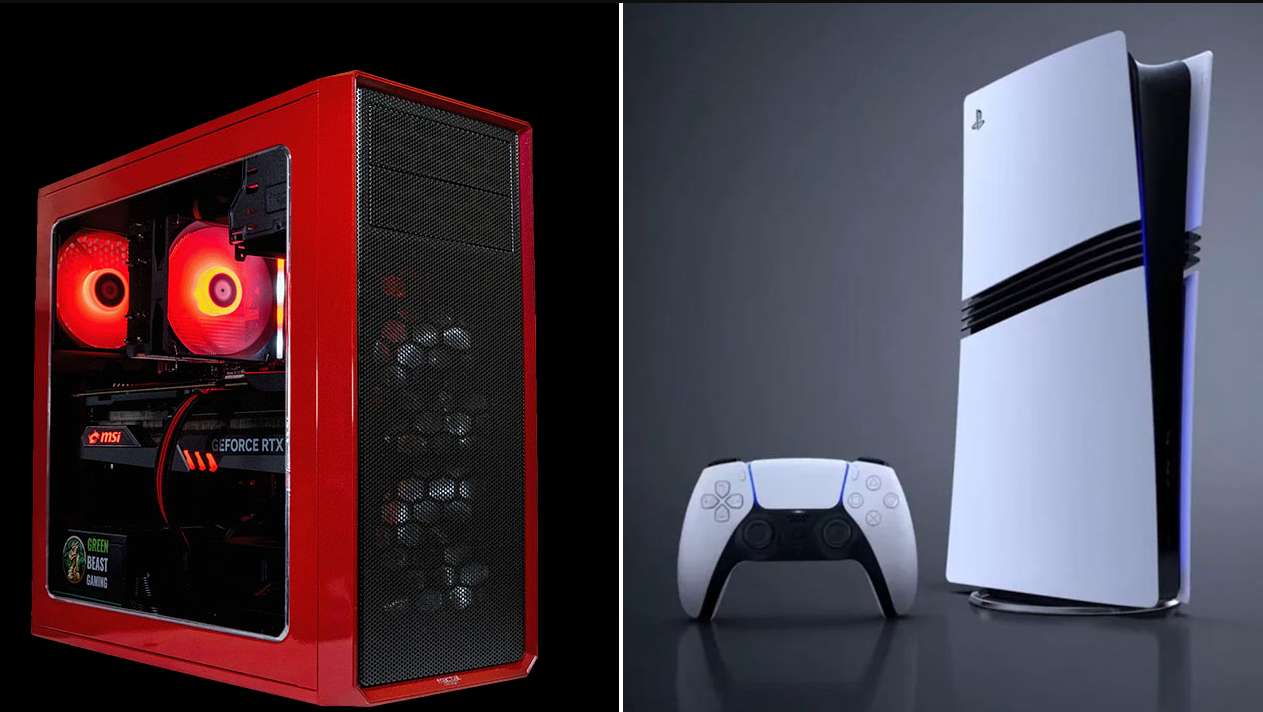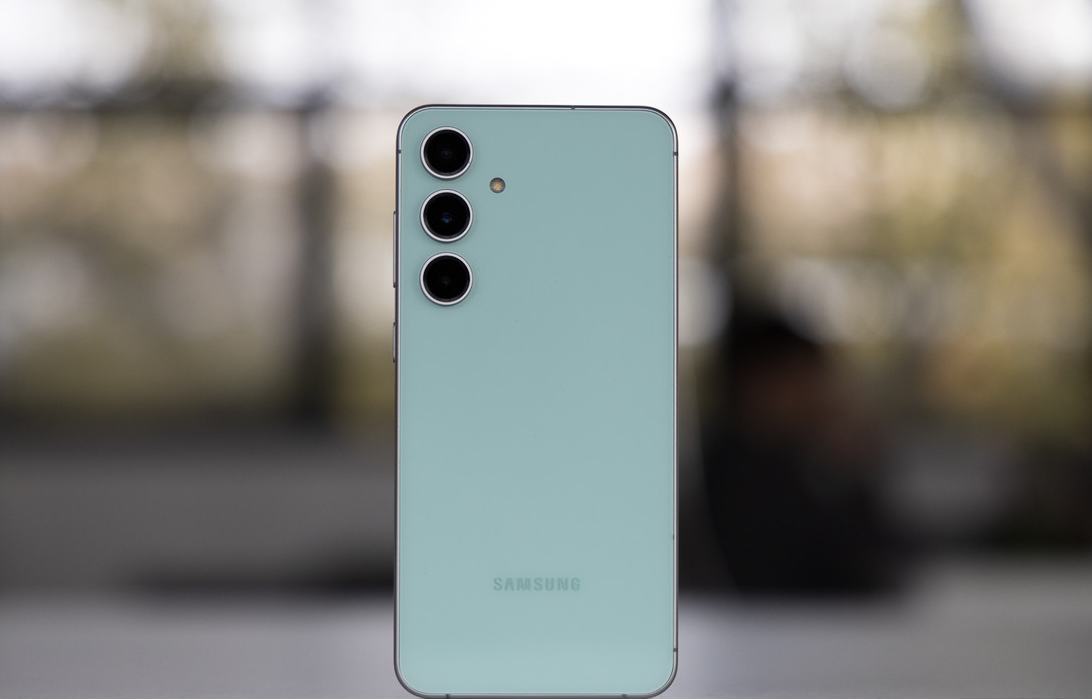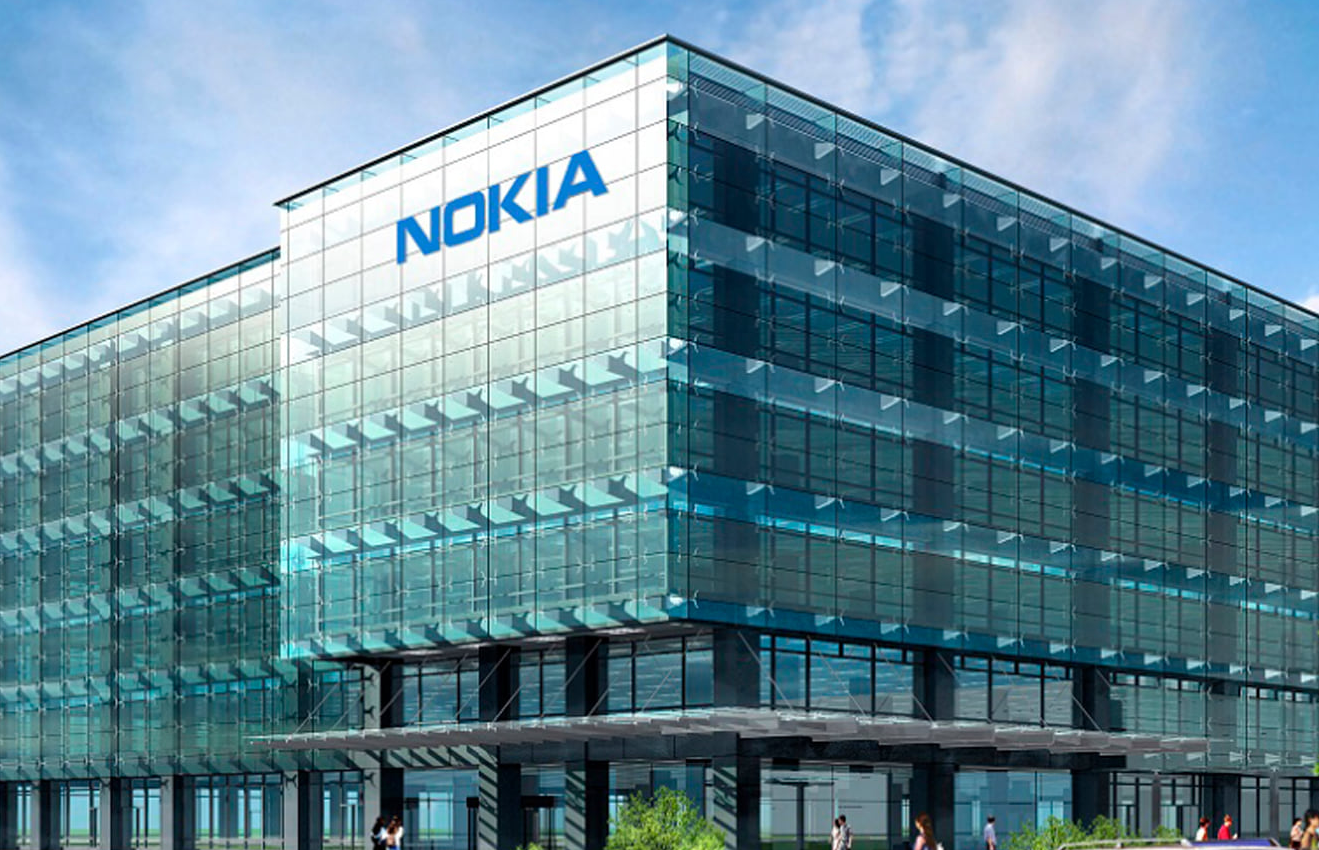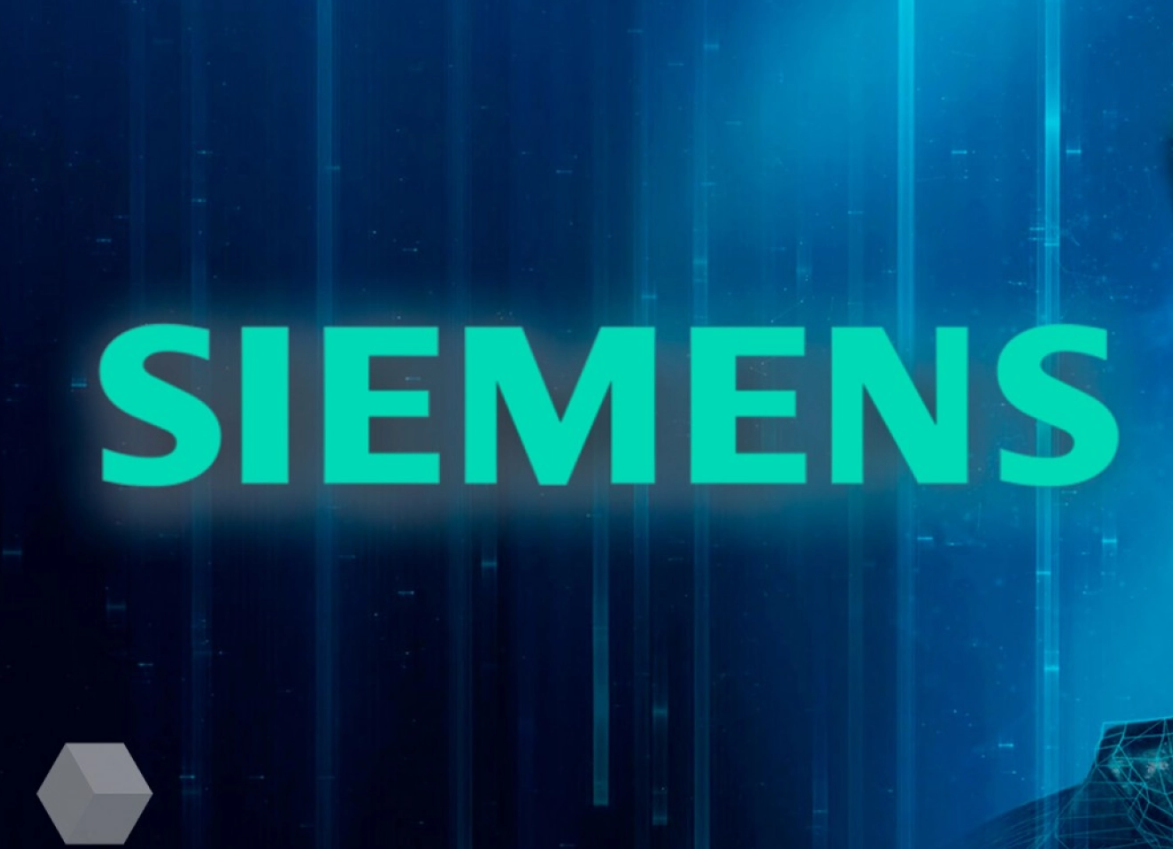Electric boilers are an integral part of modern homes, providing us with hot water for a variety of needs. However, with rising energy costs and the realisation of the importance of environmental sustainability, more and more people are considering purchasing energy efficient models. Let’s take a closer look at what an energy efficient electric boiler is, what factors to consider when choosing one, and which models deserve attention.
What is an energy-efficient electric boiler
An energy efficient electric boiler is a device that uses electricity efficiently to heat water, minimising wastage and reducing running costs. These boilers are equipped with state-of-the-art technology that reduces energy consumption without compromising performance.
Advantages of energy-saving electric boilers
- Lower energy costs: thanks to high efficiency and intelligent control systems, these boilers use less electricity. This means lower monthly energy bills, which is especially important for families on a tight budget.
- Environmental sustainability: reduced energy consumption reduces carbon dioxide emissions, which is good for the environment. By choosing this boiler, you are contributing to the preservation of nature and reducing your carbon footprint.
- Long service life: modern models have improved construction and materials to increase their longevity. This means you won’t have to replace your boiler often, which also saves you money in the long run.
- Comfort and convenience: many energy-efficient boilers are equipped with fast heating and stable water temperature functions. This means you won’t have to wait long for hot water, which is especially useful during the cold winter months.
How to choose an energy-efficient electric boiler
Determine hot water requirements
The first step is to estimate how much hot water you need on a daily basis. This depends on the number of family members and their habits. For example, a family of four will need a boiler with a capacity of 80–100 litres. If there is a bathtub in the house, the volume of the boiler should be even larger to provide enough hot water for comfortable bathing.
Type of heating element
There are two main types of heating elements: immersion and dry. The immersion element is in contact with water, which can lead to limescale formation. The dry element is isolated from the water, which increases the service life and reduces energy consumption. The choice of the type of heating element depends on your preferences and operating conditions.
Energy efficiency class
Pay attention to the energy efficiency class of the boiler. The best models have class A and above. This is a guarantee that the device will use electricity sparingly. The energy efficiency class is indicated on a special sticker on the boiler, and the higher the class, the less electricity the device consumes.
Technologies and functions
Modern boilers are equipped with various technologies that improve their performance:
- Anti-freeze systems: prevent damage to the boiler at low temperatures. This is particularly important if the boiler is installed in an unheated room.
- Fast heating function: allows you to get hot water faster. This is useful when you need to take an urgent shower or wash dishes.
- Thermoregulators and timers: help you save energy by heating water only when you need it. You can program the boiler to heat water at a specific time to optimise energy consumption.
Materials and build quality
It is better to choose boilers with a stainless steel inner tank or with a quality enamelled coating. This will ensure the longevity of the device and prevent corrosion. Quality materials also contribute to better thermal insulation, which reduces heat loss and energy consumption.
Electricity consumption of the boiler
How many kilowatts a boiler takes per day
When choosing a boiler, it is important to consider how much electricity it consumes. For example, a 50 litre boiler may consume about 1.5-2 kWh per day. For a 100 litre boiler, this figure will be higher – approximately 2.5-3 kWh per day. Thus, calculating the electricity consumption of a boiler will help you to determine how many kilowatts the boiler consumes per month.
How much the boiler wastes per month
A 50-litre boiler consumes about 45–60 kWh per month in daily use, while a 100-litre boiler consumes 75-90 kWh. This value depends on how often the boiler is used and the ambient temperature. The electricity consumption of a boiler per month can vary considerably, so it is important to take all factors into account when calculating.
How much light the boiler draws
The energy consumption of a boiler depends on its volume, the type of heating element and the additional functions available. On average, an energy-saving boiler will consume less electricity than a conventional boiler, thus reducing electricity costs.
Calculation of the energy consumption of the boiler
To determine exactly how much electricity your boiler uses, there are several factors to consider:
- Boiler volume: the larger the volume, the more electricity will be required to heat the water.
- Water temperature: heating water to a higher temperature will require more electricity.
- Frequency of use: the more often the boiler is used, the more electricity it consumes.
Calculation example:
Energy consumption (kWh)=Boiler capacity (kW)×Operation time (hours)×Frequency of use (days)
Where:
- Boiler capacity – the capacity of your boiler in kilowatts (kW).
- Operating time – the average number of hours the boiler operates per day.
- Frequency of use – the number of days per month that the boiler is used.
Now let’s look at an example of a calculation based on the information given:
Let’s say you have a 50 litre boiler that consumes 1.5 kWh per day. If it is used every day for a month, the calculation is as follows:
- Determine the boiler capacity (kW).
- Set the boiler operating time (hours).
- Calculate the frequency of use (days).
A formula for daily consumption:
Daily consumption = Boiler capacity (kW)× Operating time (hours)
To calculate monthly consumption:
Monthly consumption (kWh)=Daily consumption (kWh)×30Monthly consumption (kWh)
For an example, with a 50 litre boiler:
Monthly consumption (kWh)=1.5 kW/day×30 days=45 kW/month
The general formula for calculating the energy consumption of a boiler is therefore as follows:
Energy consumption (kWh)=Boiler capacity (kW)×Number of operating hours per day×Number of days per month
This formula will help you calculate exactly how much electricity your boiler consumes over a given period of time.
Recommended models
- Thermex Flat Plus Pro 80: compact model with a flat casing for space and energy saving. Equipped with a dry heating element system and thermostat.
- Ariston Velis Evo 100: a stylish and efficient boiler with two tanks for fast water heating and the “Eco Evo” function, which adapts to the user’s needs, reducing energy consumption.
- Electrolux EWH 80 Formax: high energy efficiency model with overheating and frost protection. It has intuitive operation and can be programmed.
Choosing an energy-efficient electric boiler is an important step towards reducing energy costs and protecting the environment. Assess your needs, look at the energy efficiency class and additional features, and choose the model that best suits your requirements. Modern boilers offer many opportunities for savings and comfort, making your life more convenient and sustainable.
Buying a new energy-efficient electric boiler will be even more enjoyable thanks to savings with reBITme. Enjoy your purchase!
